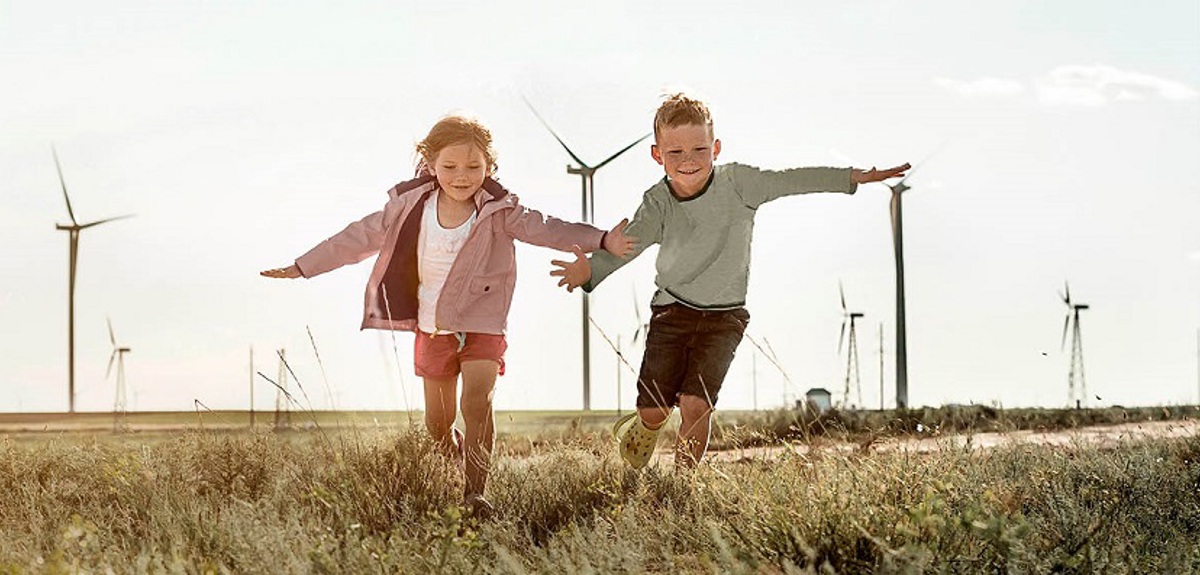Reduced climate impact
Climate targets in line with the Paris Agreement.
During the year, we adopted a target of reducing our CO2 emissions, within our own operations, by 72% by 2026, with 2016 as the base year. This target, which is in line with the ambitions contained in the Paris Agreement, was approved by the Science-Based Targets initiative (SBTi). The target comprises our emissions from electricity, own and purchased heat and our own transportation, that is, Scope 1 and 2.
In addition, we have adopted two climate targets to reduce the climate impact in the value chain among our suppliers and our customers. These targets comprise emissions from manufacturing and use of appliances and comprise the manufacturers themselves setting climate targets in line with the STBi guidelines and redirecting our offering to more energy-efficient appliances.
Continued reduction of climate emissions
Since 2016, we have more than halved our climate emissions from Scope 1 and 2 in relation to our net sales. A large share of this development is attributable to the conversion to renewable electricity, which was also our strategic goal by 2020. During the year, we converted to renewable heat in our production in Finland. In this manner, we reduced the CO2 emissions from heat by more than 900 tonnes. In addition, the temporary restrictions to our operations during the pandemic contributed to a reduction of CO2 emissions from, for example, our own transportation and travel in passenger cars.
From fossil to renewable
Measurement and follow-up are the basis for improvements. Energy efficiency and CO2 intensity are measured and monitored quarterly in our Group-wide management system and our production units have improvement targets in line with our new strategy. We have 100% renewable electricity in our production and in our own stores. We have also converted to more fossil-free and more effective heat. At the end of the year, 74% of Nobia’s total generated heat in production and in stores was renewable, an increase of 69% from the preceding year.
Climate impact in the value chain
In conjunction with the development of our new sustainability strategy, we have also made an in-depth study and surveyed our other indirect climate impact, that which is contained in Scope 3. For input materials and goods, we focused the survey on our largest flows, as wood, metal and appliances. The survey and calculations formed the basis of our scientific climate target.
The wood in our kitchen cabinets generate a relatively small impact, despite large volumes being handled. The largest impact is from appliances, both in their production and their use in the kitchen. Accordingly, we have established two strategic targets related to appliances. We will also continue to work with other materials and product groups as part of our efforts on circular materials and flows.

